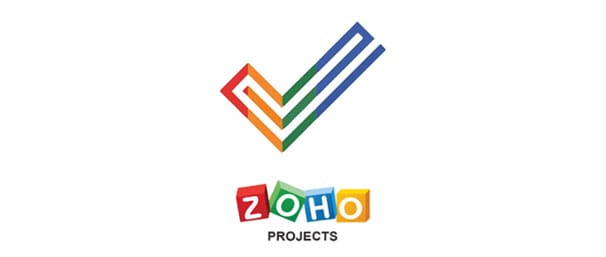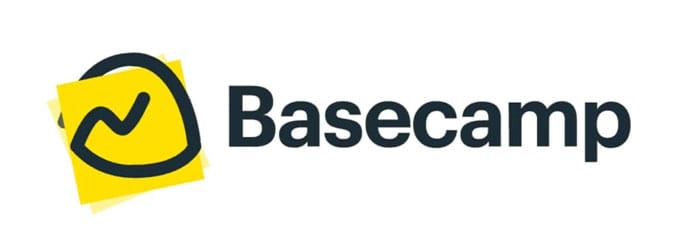The lack of a sound organizational structure by the team will result in expensive delays and unhappy customers. Every development team therefore needs a top-notch project management solution. It serves as a central repository for all pertinent data, including customer demands and duties, and it makes it easier for teams, managers, and clients to communicate. Because of this, we’ll go through the universe of these tools in this post, examining their relevance and identifying the top choices.
Project Management Software: What Is It?
Using a digital toolbox called project management software, professionals in charge of projects may better organize, plan, and control their resources. It offers project managers, developers, and stakeholders a center and source of truth.
PM software enables efficient administration and control of projects by combining project planning, task management, resource allocation, time tracking, and communication into a single application. Finally, project management software and custom machine learning development services give you the ability to steer your projects in the direction of their intended objectives and outcomes and assist in the process of converting ambiguity into clarity.
Enhancing Productivity through Task and Workflow Management Solutions
Task and workflow management tools are a good fit for companies that need to manage large volumes of tasks.
Task Management Tool
Task management tools help teams collaborate on projects by providing them with an easy way to track all recurring tasks, such as those related to product development or customer support, in one place. They also make it easier for employees across different departments or geographies to work together on these projects because they can see what everyone else is up to at any given time and if there are any gaps in their own workflows, they’ll know where they need help filling them in order not only meet deadlines but also produce high-quality results at every stage along the way.
Workflow Management Solutions
Workflow management solutions provide more than just task tracking capabilities; they also enable companies with multiple stakeholders who may not be working together on-site (such as those who work remotely) handle complex interdependent processes across multiple departments using automated workflow routing rules based on predefined criteria like status updates from each person involved in completing each step within an overall process flowchart before proceeding onto next steps until completion criteria has been met fully which then triggers automatic notifications sent out via email alerting all parties involved about whether or not their part has been completed successfully so far.
Data-driven Decision Making: Utilizing Analytics and Reporting Tools
You can’t make data-driven decisions without the right tools. Data analytics and reporting tools present a wide range of options for teams at all stages and sizes, from small businesses to large enterprises.
For example, Google Analytics has become an essential tool for understanding how users interact with your website or app, such as where they are coming from (search engine optimization), what pages they’re viewing most frequently and how much time they spend on each page. It’s also possible to set up conversion goals so you know when someone completes an action like signing up for the mailing list or making an online purchase allowing you to better understand what works best for converting visitors into customers.
Another example is Salesforce’s Data Driven Sales Cloud which helps salespeople track their progress towards meeting quotas by providing insights into whether prospects were contacted at different times throughout the day/week; whether those contacts were made via phone calls vs email messages; whether follow-up emails were sent after initial contact attempts failed; etc.. As such this tool allows sales managers who oversee multiple territories across different regions know exactly where each person stands within their territory at any given point in time without having access only limited information available through traditional methods like spreadsheets and reports.
The data driven sales cloud is extremely useful for sales managers because it allows them to manage the performance of their sales teams more effectively by providing them with real-time updates on what’s happening on the ground level. For example if a salesperson hasn’t made any calls in the last week, then this tool will notify them via email alerts or push notifications so they can take action and remedy the situation before it becomes an issue.
Best Project Management Tools for Software Development
Jira Software
Jira is among the greatest project management tools currently offered, serving as a great assistance for software development companies. Using this application, developers may simplify, be transparent, and unrestricted in their planning, tracking, and management of agile software development processes. Managers may now track who is working on which allocated modules and their progress.
You can successfully manage your projects thanks to the ready-made templates that are available in various formats. The templates can also be altered as necessary.
Maintain team alignment by using roadmaps to help your teams decide quickly and wisely while keeping your larger objectives in mind.
Pricing for small teams begins at $77.50/month, making it affordable for both startups and large corporations.
Wrike
With its cloud-based project management software, Wrike is a strong runner-up in our ranking among enterprises, especially those in the software sector. Software development teams may break down projects and objectives into smaller, more achievable tasks with the help of Wrike’s planning, organizing, collaborating, and reporting capabilities.
As a scalable platform, Wrike is perfect for software development teams that collaborate with several departments of various types and job orders, such as marketing teams and creative teams. It’s also crucial to remember that Wrike is free to use for teams with fewer than five people who are creating software.
Prices for expanding teams range from nothing to $9.80 per user per month.
Zoho Projects
Zoho Projects, a popular Zoho tool, helps businesses with task management, communication, bug tracking, and the generation of understandable reports. Gantt charts and the capacity to charge time on numerous projects at once are among the capabilities offered by the online project management application. Additionally, Zoho Projects offers a pretty outstanding array of collaboration features, such as live chat and forum sites.
Many users claim that the Gantt charts are challenging to use, and that large teams do not require a thorough reporting breakdown. Along with many other advantages, the program allows you to share documents. You may sign up for a premium subscription for 4 euros per month or utilize the basic features for free for personal use.
Redmine
Redmine provides process development and team management tools for enterprises with cross-platform and cross-database capabilities. It was created in the Rails framework using Ruby. They extol the virtues of role-based access control and threading for supporting many projects for linear and vertical management.
Users may easily access knowledge databases, files, directories, and more by extending their presence across several platforms. Redmine receives accolades for its SCM integration, however, for many beginners, the learning curve might be difficult.
Basecamp
It is the most widely used project management tool. Its user interface makes working with coworkers and customers a fun experience. With Basecamp, you can organize and schedule meetings and conversations, keep track of performance, and create project progress reports.
This program responds quickly, is easy to use, and offers a variety of plug-in services. You will need to look for certain services to achieve this.
Only a small number of Basecamp’s functionalities are available for free use. Additionally, it is only free for personal projects. You will need to spend about $299 each month (functions and user count are unlimited) to get more out of the software.
Conclusion
Choosing the right tool for a project might vary depending on the job. It is determined by the project’s needs, the development process, the client’s preferences, the cost of the program, and other considerations.
One may compare and choose the best tool from the above list by taking into account all of the factors.






